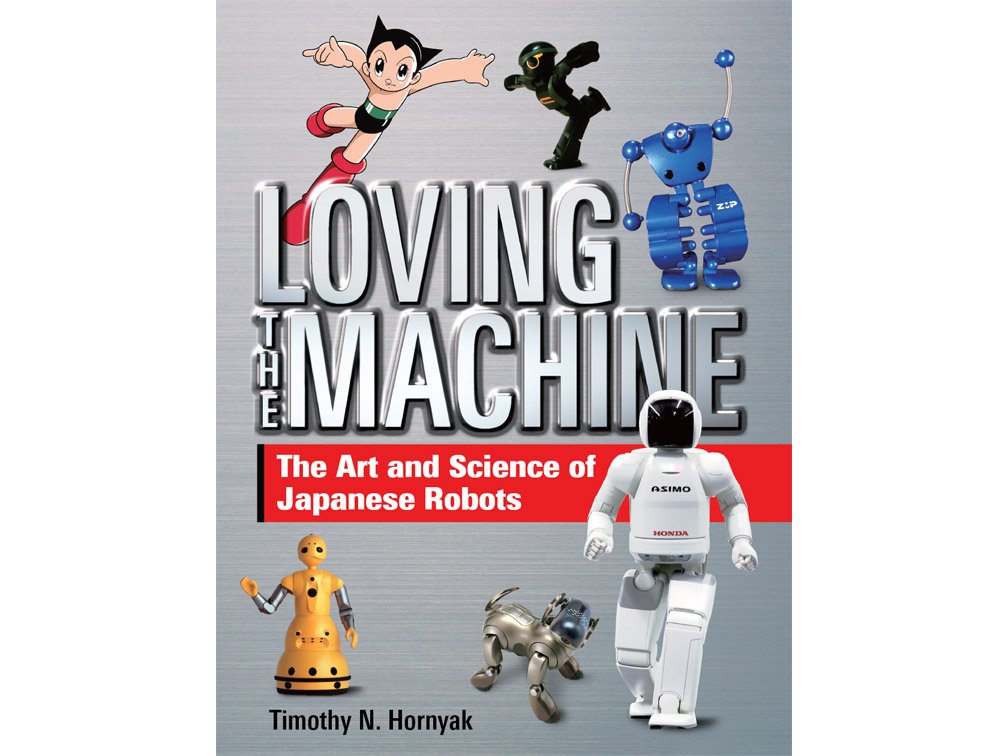Can robot helpers really live up to the hype?
Expert sceptical about first-generation exoskeletons

Pondering yesterday's news about HAL, the world's first commercial robotic exoskeleton, made us wonder how much of an impact robots that are designed specifically to help people are likely to have.
On the one hand it's intriguing to see advances in cutting-edge technology but, on the other, some of it seems like such a stretch it's hard to see it ever taking off. Do we really need even more technology in our lives or is it obscuring better, simpler solutions?
Expert advice
To get a better grasp of the robotics scene, particularly in Japan, we sought the advice of someone who should know.
We spoke with robotics expert and author of a book called Loving the Machine, The Art and Science of Japanese Robots, Tim Hornyak. With HAL and similar machines in mind, he told us he's cautiously optimistic, but not without reservations:
"Despite news of mass production of HAL beginning this year, I see the market in the near term as small with limited growth potential due to the high rental price per unit and the complex technical adjustments that must be made to set up the suits for each user - it's no wonder that every photo of HAL shows the same model wearing it."
However, looking ahead to future benefits from current breakthroughs, Hornyak offers some encouragement: "In the medium term ... Japan's rapidly aging population - evident in the many bent-over oldsters on Tokyo's streets - will likely benefit from smaller, cheaper strength-boosting devices derived from these early-generation suits."
Get daily insight, inspiration and deals in your inbox
Sign up for breaking news, reviews, opinion, top tech deals, and more.
Artificial aids
He continues: "Power suits or derived technology will probably become as common as artificial joints today. Can I imagine elderly people strapping on a power suit once getting up the stairs becomes too difficult? Not really. But then again I never thought electric mobility scooters for the elderly would take off, and they are now a common sight."
In other words, what we saw yesterday may not be anything terribly significant in itself, but the implications of machines like HAL could well be felt by future generations and, possibly, by us in our twilight years.
J Mark Lytle was an International Editor for TechRadar, based out of Tokyo, who now works as a Script Editor, Consultant at NHK, the Japan Broadcasting Corporation. Writer, multi-platform journalist, all-round editorial and PR consultant with many years' experience as a professional writer, their bylines include CNN, Snap Media and IDG.